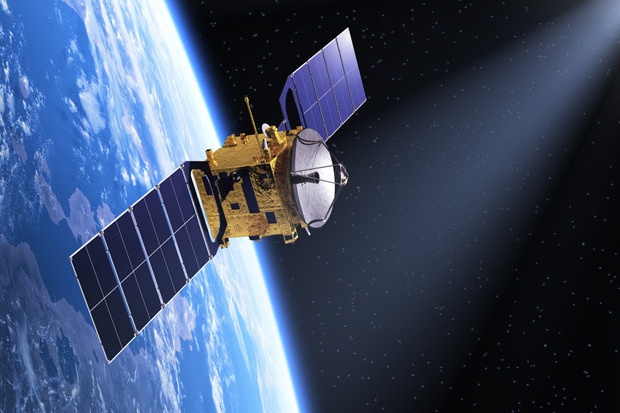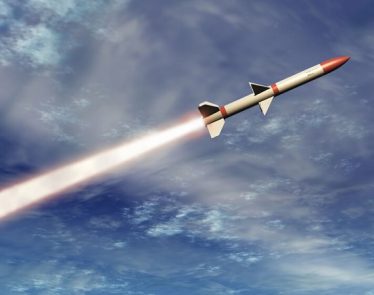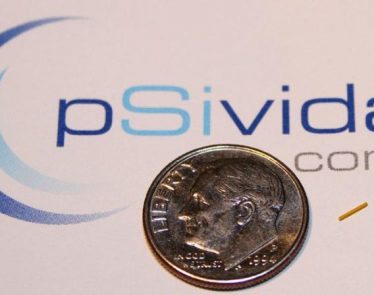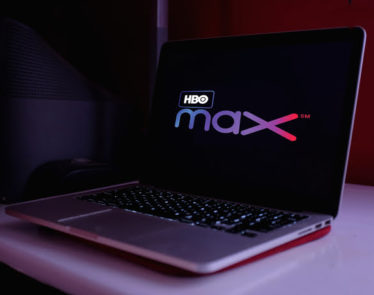
With the historic launch of their Falcon Heavy rocket yesterday, aerospace manufacturer SpaceX is set to further revolutionize the way companies put their technology into space. What does this mean for space investments?
It is, unsurprisingly, very expensive to blast something out of the Earth’s atmosphere. The added weight of the payload – a satellite or science experiment, say – onto a rocket increases fuel use as well as the risk of failure. Yet SpaceX’s innovations in reusable rocket engines are reducing the cost dramatically, such that they are undercutting main competitor United Launch Alliance (ULA) by hundreds of millions of dollars. The Falcon Heavy costs around $100 million to launch. This sounds like a lot, but the next most powerful rocket, NASA’s Delta-4 Heavy, costs $435 million. Clearly, it makes a big difference if you don’t have to rebuild your rocket engines after every launch.
All of this means that it is now easier than ever for companies to get stuff into space. This could have dramatic effects on the world’s space industry, such that publicly-traded aerospace manufacturing could be the next big thing on the markets.
>> USA Truck: Huge Calls and Solid Financial Outlook Moves Shares Higher
Before we start, though, it’s important to bear in mind that a space industry boom would benefit basically every technology company. Morgan Stanley actually lists Apple, Alphabet, Microsoft, Facebook, and Amazon as the top 5 companies in their ‘Space 20’ list, simply because of their hard links to global communication. But this doesn’t make them space companies. It’s also easy to go straight for defense-based industry giants such as Boeing or Lockheed Martin. Let’s look a little deeper and see if we can find three small-cap pedigree aerospace companies that are likely to be up-and-coming in what reports are calling the “new space race”.
Astrotech Corp (NASDAQ:ASTC)
Share price: $2.99 | 24h change: -2.60% | 52-week change: -60.9% | Market cap: $12.3M
Astrotech is well-grounded within the aerospace industry. It was established in 1984, then known as SPACEHAB, Inc. At the time, it provided ‘space habitat microgravity experimentation equipment and services’ to NASA when the space shuttle program was still in operation. Since then, the company has evolved and currently focuses most of its efforts into a business accelerator that grows technologies in order to maximize shareholder value. It recently demonstrated its mass-spectrometer technology at the Border Security Expo in San Antonio, TX. Despite this, the company has been marred by poor stock performance recently. A new space race could be just the thing to bring them back to their astro-roots and boost business.
>> Tesla Selling Solar Panels at Home Depot

Source: Wired
Orbcomm, Inc. (NASDAQ:ORBC)
Share price: $11.03 USD | 24h change: -0.18% | 52-week change: 34.02% | Market cap: $820.1M
Orbcomm is a satellite technology company that specializes in connecting businesses to their assets with satellite and cellular connectivity. They work with a range of industries from transportation to maritime and describe themselves as the largest IoT (Internet of Things) and M2M player in the world. With SpaceX showing itself to be more and more capable of launching satellite technology into space, few companies are likely to benefit as much as Orbcomm. Their positive year performance shows this.
Maxar Technologies Ltc. (NYSE:MAXR)
Share price: $58.75 USD | 24h change: -0.52% | 52-week change: 3.9% | Market cap: $3.2B
Probably the most definitive space tech firm in this list, Maxar is establishing a pedigree of purely space-based brands.
In their own words, Maxar Technologies ‘provides a full suite of unmatched space-related capabilities and insights, geospatial services and integrated solutions to help our customers anticipate and address their most complex mission-critical challenges with confidence.’
Their portfolio includes robotics, commercial satellites, and earth observation. If you want to invest in a comparatively small publicly-traded space company, this is the one. Though their stock performance has had a weak start to 2018, it performed very well last year. With an industry now set on launching heavy payloads cheaply, it’s hard to see why Maxar won’t repeat 2017’s strength.
So there you have it! Aside from looking really far ahead and investing in asteroid mining start-ups, there are plenty of real-life space investments you can make right now. And there’s much more than just the three in this article. Aim for the stars.
Also read: Three Biopharm Stocks Set to Soar
Featured image: Networkworld.com












